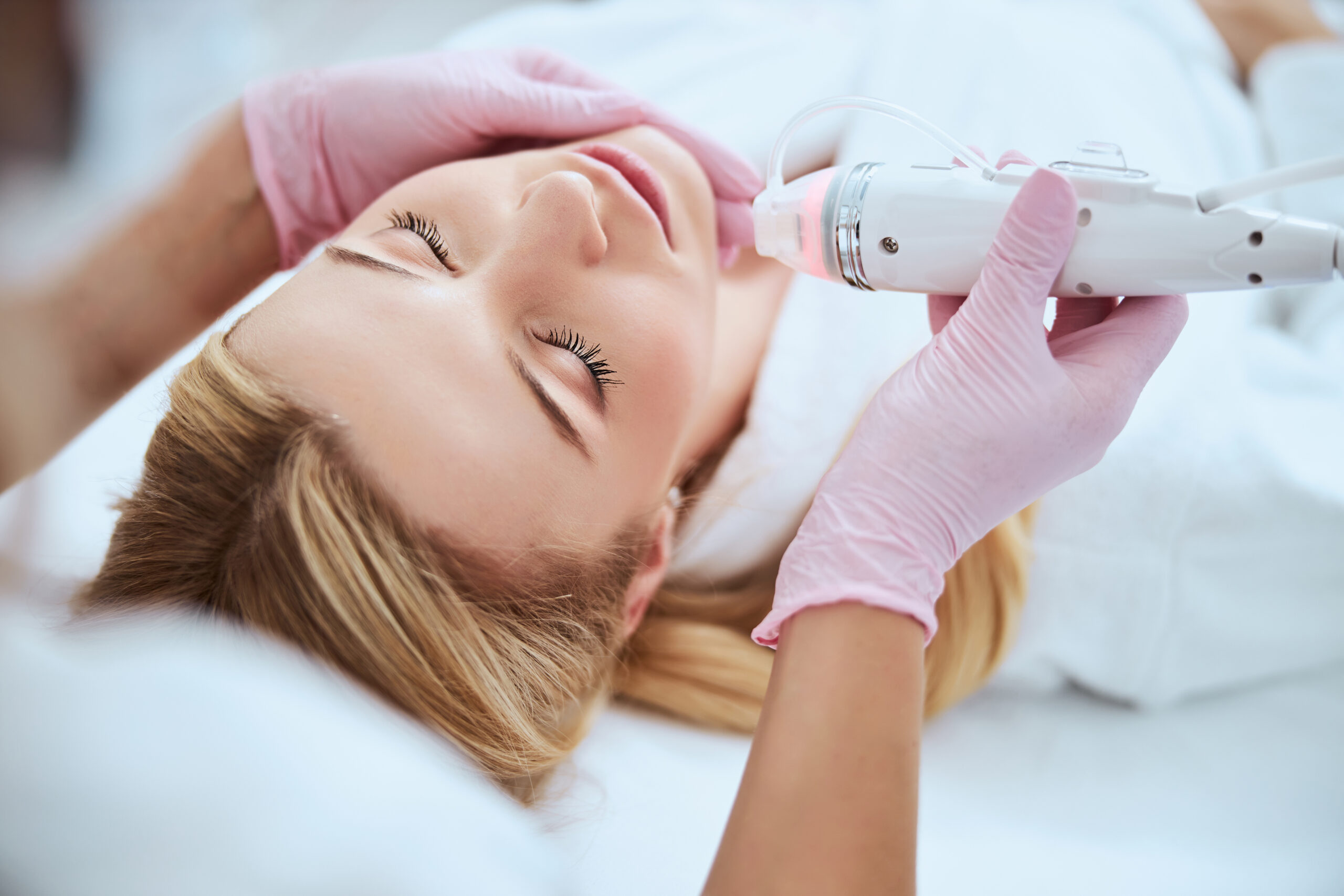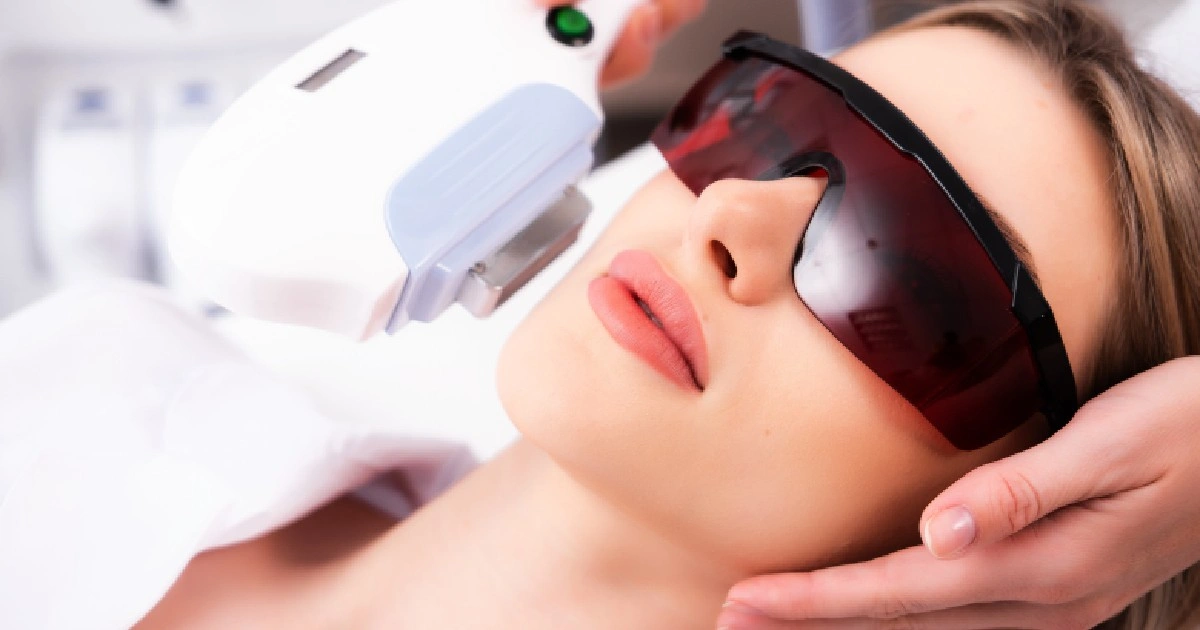

At Avanti Medical Center in Lehi, UT, understanding and addressing low testosterone levels in men is critical to our healthcare services. Testosterone is a vital hormone in male health, influencing everything from physical strength to mental well-being. Here, we aim to explain the factors contributing to low testosterone, its signs, and the available solutions, ensuring men are equipped with the necessary information to make informed health decisions.
Testosterone is a primary male sex hormone that develops male reproductive tissues and secondary sexual characteristics. It plays a crucial role in muscle mass, bone density, and the production of red blood cells. Beyond physical aspects, testosterone significantly impacts mood, energy levels, and overall mental health. Understanding what testosterone is lays the foundation for recognizing the implications of its deficiency in the male body.
As men age, the natural decline in testosterone levels becomes more pronounced, often referred to as “andropause” or male menopause. This reduction is typically gradual, starting as early as the mid-30s. The decrease in testosterone due to aging can affect muscle mass, bone density, libido, and mood regulation.
Certain medical conditions directly impact the body’s ability to produce testosterone. Hypogonadism, a condition where the body produces insufficient testosterone, is a primary example. Other chronic conditions like type 2 diabetes and obesity are closely linked to lower testosterone levels, often creating a cycle where the condition and low T exacerbate each other.
Lifestyle choices play a significant role in influencing testosterone production. A sedentary lifestyle, poor diet, and lack of regular physical activity can decrease hormone levels. Additionally, excessive alcohol consumption can disrupt the balance of hormones, including testosterone, further compounding the issue.
Certain medications can negatively affect testosterone levels. Drugs used in the treatment of prostate cancer, such as androgen deprivation therapy, significantly reduce testosterone production. Other medications, including opioids and steroids, can also disrupt the body’s natural hormone balance, leading to lower testosterone levels.
Injuries or infections affecting the testes can directly impact testosterone synthesis. Trauma to the testicles, whether from accidents or surgical procedures, can impair their ability to produce hormones. Infections like mumps, particularly when they involve the testicles, can lead to reduced testosterone production.
Psychological stress and mental health issues like depression are closely linked to hormonal balance in the body. Chronic stress leads to elevated cortisol levels, a hormone that can negatively influence testosterone. Furthermore, mental health disorders like depression can disrupt the body’s endocrine system, leading to decreased testosterone levels.
A noticeable decrease in libido is often one of the first signs of low testosterone. This hormone plays a crucial role in sexual desire. When levels drop, men may find their interest in sexual activity diminishes, which can be distressing and affect personal relationships.
Difficulty in achieving or maintaining an erection can be linked to low testosterone levels. Testosterone is essential for the mechanisms that lead to a healthy erection. When it’s deficient, it can lead to erectile dysfunction, impacting a man’s ability to engage in sexual activities satisfactorily.
Even after adequate rest, persistent tiredness and a lack of energy can indicate low T. Low testosterone levels can disrupt standard sleep patterns and reduce overall energy levels, making it hard for men to stay alert and active throughout the day.
Reduced muscle mass and strength are common low testosterone symptoms. Testosterone plays a vital role in building and maintaining muscle mass; when levels fall, muscles may weaken and shrink, reducing physical strength and endurance.
Depression, irritability, and a general decline in mental well-being can be associated with low testosterone. Hormonal imbalances caused by low testosterone can affect brain function, leading to mood swings, irritability, and an increased risk of depression.
Bioidentical hormone replacement therapy is a cutting-edge treatment for low testosterone that uses hormones chemically identical to those the body naturally produces. This therapy is tailored to each individual’s hormonal needs, ensuring a precise and effective response to hormone imbalances.
The Trifecta stands out as an innovative solution for men with low testosterone and related issues. This treatment combines BHRT, the Performance Shot (For Men) (a procedure using platelet-rich plasma to enhance erectile function), and acoustic soundwave therapy, which improves blood flow. Together, these therapies work synergistically to tackle both hormonal and physical symptoms of low testosterone, offering a more complete and effective approach to men’s sexual health and well-being.
When it comes to addressing low testosterone levels, finding the right treatment plan is crucial to improving overall health and well-being. We understand there is no one-size-fits-all approach to treating low T. That’s why we take a personalized approach to ensure our patients receive the most effective treatment plan based on their unique needs and health status.
At Avanti Medical Center in Lehi, UT, we understand that low testosterone can have a significant impact on your quality of life. That’s why we offer testosterone replacement therapy to help you overcome the challenges of low T. Our treatments are designed to provide you with the testosterone your body needs to function at its best. Whether you’re experiencing a decrease in energy, decreased muscle mass, or other symptoms of low testosterone, we can help. Contact us online or at (801) 691-7748 to schedule a consultation and learn more about our services.









